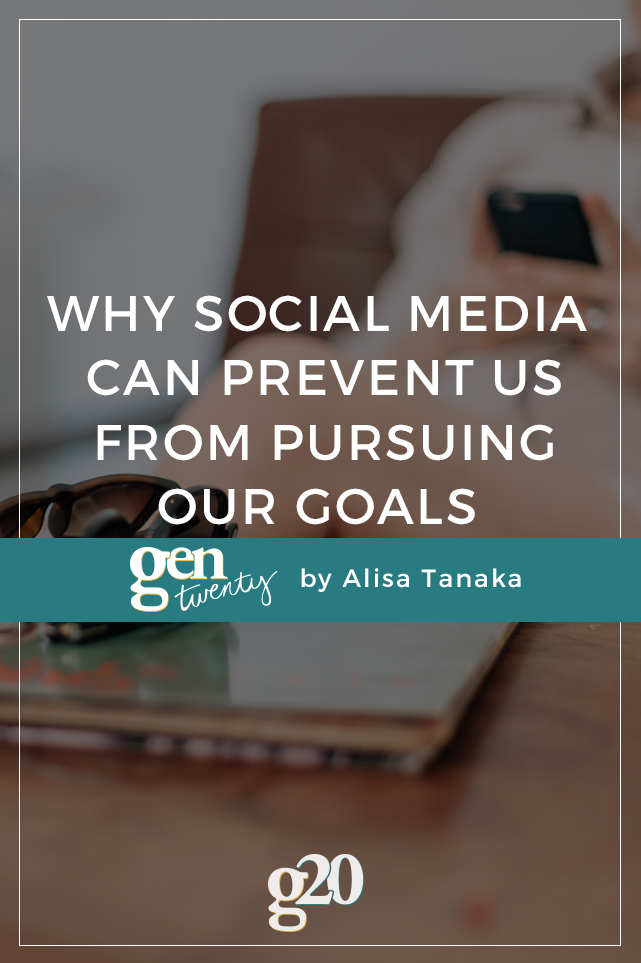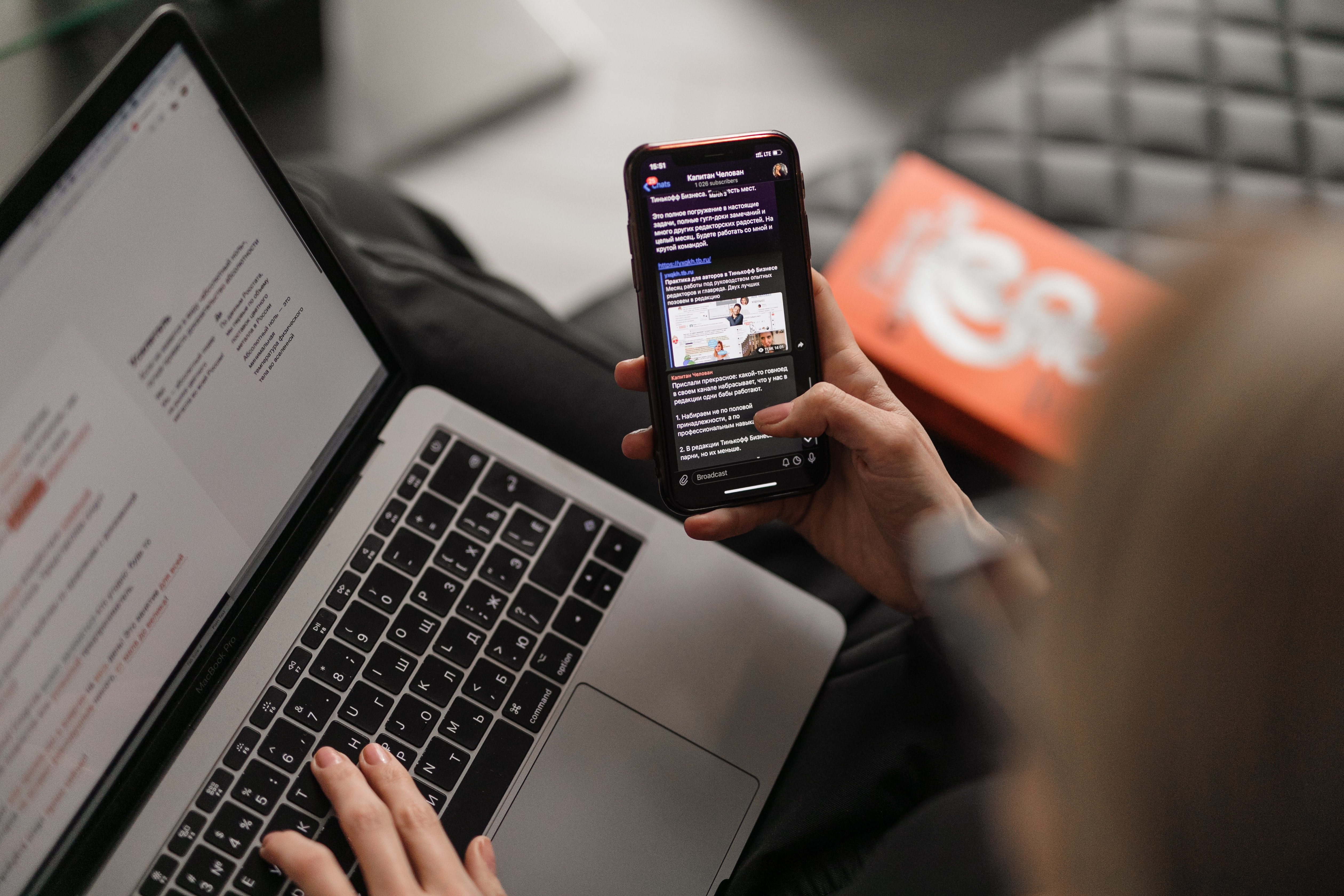Social media is essential to modern society today. We can use it to create meaningful connections with others and communicate with friends, but as positive as social media can be, it’s no secret that social media can be used in negative ways if we’re not careful.
Social media has made public figures far more accessible than ever before. Networks like Twitter and Instagram have made it easy for us to keep tabs on the things we care about, whether that be the next album from your favorite artist, the next magazine that your favorite model will grace the cover of, or the next big campaign your favorite charity will launch. Social media makes it easy to keep track of all that, but by the same token, it also makes it easy to compare our achievements to those around us.
We are selective about what we broadcast to the world via social media, often filtering that information and choosing things that allow us to be portrayed a certain way. Showing things that give our respective audiences glimpses of what is good in our lives, allows the audience to draw conclusions that say that our lives are amazing, when the reality is that we’re filtering out all the bad stuff and only posting the good stuff.
These carefully curated feeds of the positives in our lives can offer our audiences inspiration, but at the same time, they can also create unrealistic expectations, which can create more stress than inspiration.

To be fair, it’s all in how you interpret it, but for me, I found that using social media has caused me more stress rather than holding me accountable.
I found that following the Instagram accounts of certain public figures made me feel insecure. I started to compare myself to them, hating the fact that I didn’t have a flat stomach or a job that had me raking in a six-figure sum. Looking at some of these very filtered pictures, I would beat myself up internally if I didn’t work out or if I ate one thing that was off my list of foods that were acceptable under a plant-based diet.
It was when I became aware of the fact that I was consciously comparing myself to these people that I realized that constantly keeping tabs on their movements through social media wasn’t helping me. It was adding to my stress levels instead. I wasn’t focusing on the tangible things I could do to shift my mindset or get into a better place, but rather, on what I didn’t have.
By focusing on what I didn’t have, I lost track of my goals.
My goals went from maintaining a regular exercise regimen for my physical and mental health to, “I HAVE to work out obsessively until I get a six pack because I don’t look like (insert popular model of choice’s name) yet.
An easy way to refocus myself and find new goals was to simply stop allowing for stressful content in my social media feeds. In a world where it’s easy for young people to equate their worth as human beings with the size of your social media following, it can be difficult to make the conscious decision to periodically edit who you follow and who follows you. However, I found that it was much easier to eliminate the temptation for unhealthy thoughts entirely.
By refraining from following accounts that made it easy for me to compare myself to others, it was easier to focus on my own goals and work toward them at a pace that suited me rather than pushing myself to work at a pace that would result in more physical and mental stress.
It’s easy to believe that the carefully curated images and 140-character messages that fill Twitter and Instagram are accurate portrayals of an individual’s overall life or brand, and in some cases, they are. However, it’s important to note that people generally don’t like to openly discuss the negative things that we go through on our day-to-day lives, especially with the idea of potential employers investigating a candidate’s social media activity, which means that we will often find very skewed portrayals of our lives when we turn to social media.
It will take more than simply curating and editing your social media feeds to stop yourself from comparing yourself to others and pursuing your own goals away from the influences of popular celebrities, but seeing as social media has such a prominent place in so many of our lives, one can also view it as a major step toward building solid self-confidence and self-esteem, which will allow us to pursue our goals.

There is no guarantee that you will be happy once you reach a certain goal, whether that goal is obtaining a college degree or claiming an Olympic medal, but that doesn’t mean that you can’t learn something from the experience, even if you don’t get what you originally wanted in the end.
I have found that often the journey to the goal is more meaningful than the goal itself. Although social media can help enrich that journey, it can also make the journey more difficult, especially with the prominent role it has taken in our lives.
[clickToTweet tweet=”The journey to the goal is more meaningful than the goal itself.” quote=”The journey to the goal itself is more meaningful than the goal itself.”]
In this world where we are constantly jumping from screen to screen and seem to have our phones attached to our hands, it’s easy to look at social media and set goals like establishing a consistent exercise routine in order to look like your favorite celebrity, but come on. How realistic is it to assume that you’ll get up 6 days a week and work out for an hour at the crack of dawn if you’ve never done it before? Start with something that you know you can achieve, and work your way up.
[clickToTweet tweet=”Start with something that you know you can achieve, and work your way up.” quote=”Start with something that you know you can achieve, and work your way up.”]
